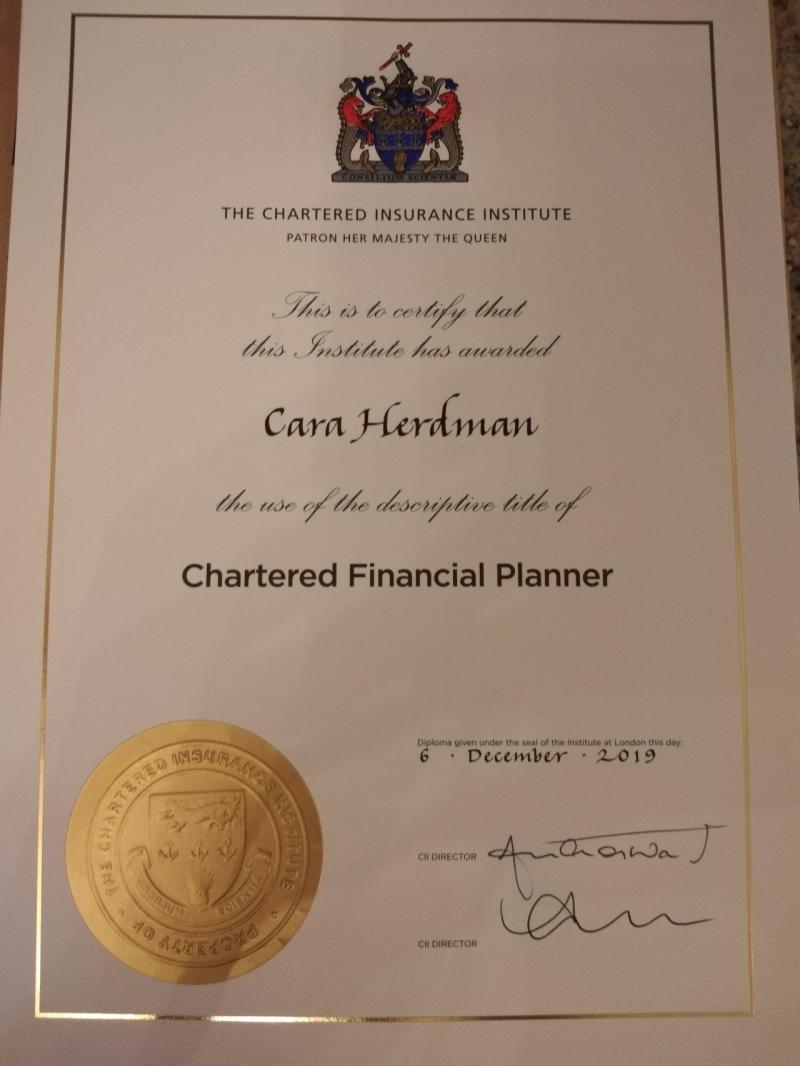
A consulting firm can be described as a business that offers its expertise or specialized labour to clients in return for a fee. Such firms can range from single employees to thousands of employees, and provide services across many different domains. These services range from strategy and financial consultation to human resources. They usually work with businesses and organisations to address specific business challenges.
Information technology consulting
Information technology consulting firms offer a variety of services to companies worldwide. These consultants are able to help companies develop and implement technology solutions in order to improve their businesses. As the economy grows, companies are more inclined to spend on information technology consulting services. The information technology consulting industry has experienced consistent growth since the late 2000s. Due to the rapid growth of mobile devices, cloud computing and social media, there is a growing demand for such services.
IT consulting firms can advise businesses on the best practices to implement IT and recommend digital transforms. These transformations can bring a company's technology capabilities up to date.
Human resources consulting
Human resources consulting firms provide services to businesses in a variety of fields. They can assess the culture and work styles of an organization and determine if certain staff members would be suited to certain environments. They can provide legal and investment advice and assist companies in developing and implementing human resource strategies. These companies are able to provide technology for the management of employee information.

Oliver Wyman, a top HR consulting firm, is among them. The company has offices all over the world, including in North America, Europe (the Middle East), Asia-Pacific, and Europe. Their solutions aim to achieve positive business outcomes. Oliver Wyman is a five-star-rated company that offers innovative and customized solutions. Willis Towers Watson, a top-rated HR consulting firm, is another. It has been around since 1828.
Strategy consulting
Strategy consulting firms have the advantage of working with a team of highly skilled professionals. These firms have consultants who are experts in their field and are prepared to take difficult decisions. Clients pay these experts for their knowledge, expertise, and judgment. Additionally, they are expected to be confident and articulate when explaining the reasoning behind their recommendations. These skills are rarely innate and are typically acquired through years of experience in the business world.
There are many strategy consulting firms in every industry. They can help businesses navigate tough challenges by bringing a fresh, outside perspective to the business. The consultants make sure that all perspectives are considered before major decisions.
Financial consulting
If you're planning to open a financial consulting firm, you'll need to decide on what business structure is best for your needs. You have options: you can choose to be a sole proprietor or partner, a limited liability business, or a corporation. All business structures are designed for owners to avoid personal liability and lawsuits. In most states, it is very easy to create a legal company. If necessary, you may even be able to rent your office space.
Professional certification is one of the best ways to stand out in your market. Not only is it a good investment but certification shows that you are committed to your career and will keep you current in the highly competitive business world. It is also vital for your firm to acquire a business license, which is necessary to operate.

Engineering consulting
Engineering consulting firms help public and private companies manage ideas, products, and processes. They provide services that include product design and fabrication, process organization, and product design. Often, these firms also help manage the ideation process. These firms offer a range of services to their clients, and their fees depend on the kind of work they do.
When the in-house resources for engineering cannot handle the requirements of a project, consulting firms can help. They can fill in any skill gaps that would otherwise make it impossible for a project to be launched or prolong its duration. These firms are usually very responsive because they are paid based on their work. In-house engineers and other employees may be subject to long hours and high pressure projects, which can erode their creativity and efficiency.
FAQ
Are you a qualified consultant?
The best way to become an expert on any subject is by studying the subject thoroughly and then practicing what you have learned.
So if you want to learn how to become a great consultant, start studying now!
Employers may be reluctant to hire people with a degree, but not the relevant experience. But, if your qualifications are comparable to those who have been hired, you might still be eligible to apply.
Employers will always be attracted to candidates who are able to apply their real-world skills.
How do I set up an LLC to consult?
First, you must decide what your goals are as a service provider. Then you need to make sure you are qualified for those services. It might also help to find someone who already does what you want to offer and see how they operate.
Once you have a clear idea of what you are offering, you can start to identify your target market. If they aren't available, you may need them to be created.
Next, you will need to decide if you want to start your own business or hire others.
Another option is to get a state license. This requires a lot of paperwork and legal fees.
How much do consultants make?
Although some consultants can make more than $100k annually, the majority of consultants earn between $25-$50k. The average consultant salary is $39,000 This includes both salaried and hourly consultants.
Salary depends on experience, location, industry, type of contract (contractor vs. employee), and whether the consultant has his/her own office or works remotely.
What can I anticipate from my consultant
Within a few days of selecting your consultant, you can expect to hear back. They will ask you for information about your business, including the mission, goals, products, and budget. Then, they'll send over a proposal outlining the scope of work, estimated time frame, fees, deliverables, milestones, etc.
If everything looks good, then the two parties will negotiate a written contract. The type relationship between the two sides (e.g. employee-employer or independent contractor-employer) will dictate the terms of the contract.
If everything goes smoothly, the consultant can begin work immediately. The consultant will have full access to your files and resources. You'll also have access to their skills and knowledge.
Don't think that consultants are experts. It takes time and practice to become an expert on any subject you consult. So, don't expect your consultant to know everything about your business.
What qualifications does a consultant need?
It is not enough to have an MBA degree. You must also have experience as a consultant. A minimum of two years' experience in consulting, training and/or advising a major company is necessary.
You will need to have worked closely alongside senior management teams in order to develop strategy projects. You will need to feel comfortable communicating ideas to clients and getting their support.
You'll also need to pass a professional qualification exam such as the Chartered Management Institute's Certified Management Consultant (CMC) certification.
How can I select a consultant?
Three main factors should be considered:
-
Experience - How many years of experience is this consultant? Are you a beginner or an expert? Does her resume demonstrate that she has the required skills and knowledge
-
Education – What did the person learn in school? Did he/she study any relevant courses after graduating from high school? Were there any evidences of this learning in his/her writing?
-
Personality - How do we feel about this person? Would we prefer him/her working for us?
-
These questions can help you determine whether the consultant is right for your needs. If there are no clear answers, then it might be worth an initial interview to learn more about the candidate.
Why would a company hire a consultant?
Consultants provide expert advice on how to improve the performance of your business. Consultants are not here to sell products.
Consulting helps companies make better decisions. They provide sound analysis and offer suggestions for improvement.
Consultants often work closely with senior management teams to help them understand what they need to do to succeed.
They provide coaching and leadership training for employees to enable them to achieve their peak performance.
They might advise businesses on how to reduce costs, streamline processes, or increase efficiency.
Statistics
- So, if you help your clients increase their sales by 33%, then use a word like “revolution” instead of “increase.” (consultingsuccess.com)
- 67% of consultants start their consulting businesses after quitting their jobs, while 33% start while they're still at their jobs. (consultingsuccess.com)
- Over 62% of consultants were dissatisfied with their former jobs before starting their consulting business. (consultingsuccess.com)
- Over 50% of consultants get their first consulting client through a referral from their network. (consultingsuccess.com)
- According to statistics from the ONS, the UK has around 300,000 consultants, of which around 63,000 professionals work as management consultants. (consultancy.uk)
External Links
How To
What does a typical day look like for a consultant?
Each type of work will dictate the day's pace. But generally speaking, you will spend time researching and planning new ideas, meeting clients, and preparing reports.
You will have many meetings where clients and you can discuss their issues. These meetings may be over the phone via email, on-line, or face-to–face.
Sometimes, you may be asked to create proposals. These are documents that outline your ideas and plans for clients. These proposals will be presented to clients by you and a mentor.
After all the planning and preparation you will have to put your efforts into creating some content. This could include writing articles, designing websites or editing photos.
Depending on the scope of the project, you may need to do some research in order to gather relevant statistics or figures. This could include finding out how many customers your company has and whether they purchase more than one product.
Once you have enough information, it is time to present your findings and conclusions to clients. You can present your findings verbally or in writing.
You must also follow up with clients following the initial consultation. You can call clients to ask how they are doing or send emails asking for confirmation that your proposal was received.
This process takes time, but it's important to ensure that you stay focused and maintain good relationships with clients.